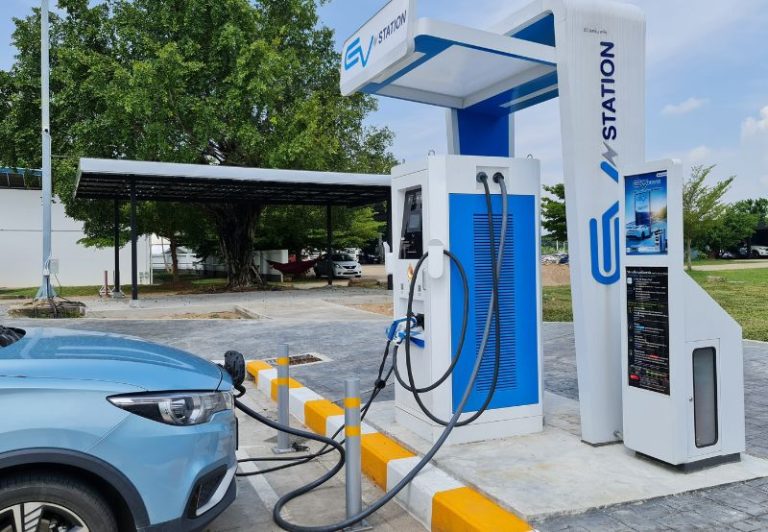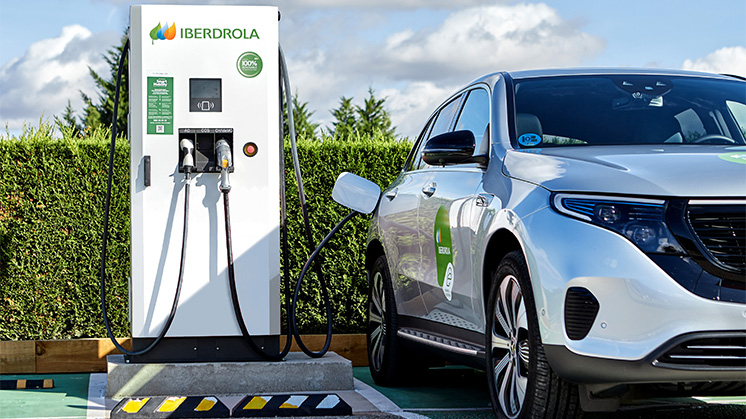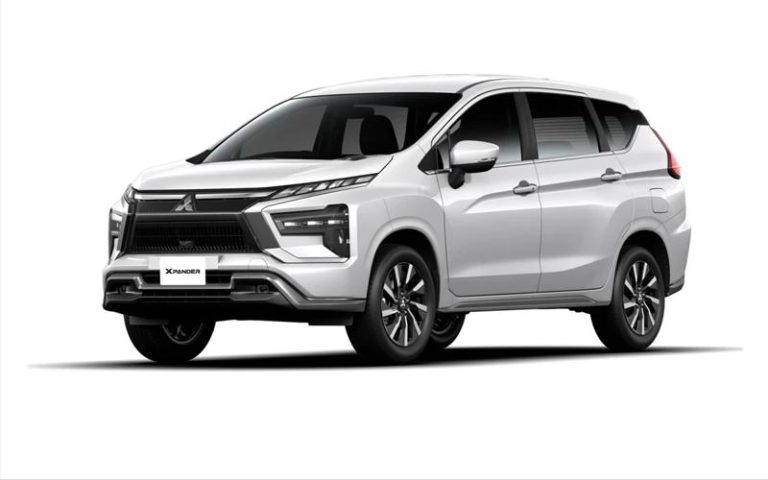
The rise of electric cars has revolutionized the automotive industry, bringing a wave of innovation and sustainable transportation solutions. With the growing emphasis on reducing carbon footprints and combating climate change, electric vehicles (EVs) have become an essential part of our future. This comprehensive guide will delve into the top 10 electric cars you need to know about, highlighting their unique features, performance, and contributions to the green movement.
1. Tesla Model S Plaid
Tesla, a pioneer in the electric cars market, continues to lead with the Model S Plaid. This vehicle boasts unparalleled acceleration, reaching 0-60 mph in just under 2 seconds. Its tri-motor setup delivers over 1,000 horsepower, making it one of the fastest production cars ever.
Key Features:
- Range: 390 miles
- Top Speed: 200 mph
- Autopilot: Advanced full self-driving capabilities
- Interior: Minimalistic design with a 17-inch touchscreen
The Model S Plaid is not just about speed; it also offers an extensive range, ensuring that long-distance travel is as seamless as possible.
2. Porsche Taycan
The Porsche Taycan represents a perfect blend of performance and luxury in the realm of electric cars. Known for its sporty handling and elegant design, the Taycan is a testament to Porsche’s commitment to the electric revolution.
Key Features:
- Range: 227 miles
- Top Speed: 161 mph
- Acceleration: 0-60 mph in 2.6 seconds
- Interior: Luxurious with advanced infotainment systems
The Taycan’s rapid acceleration and sophisticated interior make it a favorite among enthusiasts looking for both thrill and comfort.
3. Ford Mustang Mach-E
Ford’s entry into the electric market, the Mustang Mach-E, combines the iconic Mustang heritage with modern electric technology. This SUV is designed for those who want an eco-friendly vehicle without compromising on style and performance.
Key Features:
- Range: 300 miles
- Top Speed: 130 mph
- Acceleration: 0-60 mph in 3.5 seconds
- Interior: Spacious with a 15.5-inch touchscreen
The Mach-E offers a perfect balance of practicality and performance, making it a strong contender in the EV market.
4. Audi e-tron GT
Audi’s e-tron GT is a sleek, high-performance sedan that emphasizes both aesthetics and functionality. It is a prime example of how traditional automakers are adapting to the electric era.
Key Features:
- Range: 238 miles
- Top Speed: 152 mph
- Acceleration: 0-60 mph in 3.9 seconds
- Interior: Premium materials with a virtual cockpit
The e-tron GT stands out with its futuristic design and robust performance, catering to those who seek luxury in their electric cars.
5. Nissan Leaf
The Nissan Leaf, one of the earliest mass-market electric cars, continues to be a popular choice for its affordability and reliability. It is ideal for city driving and short commutes.
Key Features:
- Range: 150 miles
- Top Speed: 89 mph
- Acceleration: 0-60 mph in 7.4 seconds
- Interior: User-friendly with ProPILOT Assist
The Leaf’s practicality and cost-effectiveness make it an excellent option for those new to the electric vehicle world.
6. Chevrolet Bolt EV
Chevrolet’s Bolt EV is another affordable option in the electric car market. It offers a commendable range and a comfortable ride, making it suitable for both city and suburban driving.
Key Features:
- Range: 259 miles
- Top Speed: 93 mph
- Acceleration: 0-60 mph in 6.5 seconds
- Interior: Functional with a 10.2-inch touchscreen
The Bolt EV’s combination of range and price makes it a strong competitor among budget-friendly electric cars.
7. Hyundai Kona Electric
The Hyundai Kona Electric is a compact SUV that offers a remarkable range and a host of modern features. It is designed for those who need a versatile vehicle for various driving conditions.
Key Features:
- Range: 258 miles
- Top Speed: 104 mph
- Acceleration: 0-60 mph in 6.4 seconds
- Interior: Comfortable with an 8-inch touchscreen
The Kona Electric’s range and versatility make it a popular choice for urban and rural drivers alike.
8. BMW i3
BMW’s i3 is a unique and eco-friendly vehicle that stands out with its distinctive design and sustainable materials. It is perfect for those who prioritize environmental impact and style.
Key Features:
- Range: 153 miles
- Top Speed: 99 mph
- Acceleration: 0-60 mph in 7.2 seconds
- Interior: Eco-friendly with natural fibers
The i3’s innovative design and sustainability make it a niche yet attractive option in the electric cars market.
9. Volkswagen ID.4
The Volkswagen ID.4 is a family-friendly SUV that offers a spacious interior and a solid range. It represents Volkswagen’s serious commitment to the electric vehicle market.
Key Features:
- Range: 250 miles
- Top Speed: 99 mph
- Acceleration: 0-60 mph in 7.8 seconds
- Interior: Spacious with a 12-inch touchscreen
The ID.4’s practicality and family-oriented features make it a versatile choice for various lifestyles.
10. Lucid Air
Lucid Air is a newcomer that has quickly gained attention for its luxury and technological advancements. It aims to compete directly with high-end models like the Tesla Model S.
Key Features:
- Range: 503 miles
- Top Speed: 168 mph
- Acceleration: 0-60 mph in 2.5 seconds
- Interior: Ultra-luxurious with a 34-inch curved display
The Lucid Air’s extraordinary range and opulent interior set it apart as a top-tier contender among electric cars.
The Future of Electric Cars
The future of electric cars is promising, with continuous advancements in battery technology, charging infrastructure, and vehicle design. Automakers are investing heavily in research and development to enhance performance, range, and affordability. As governments worldwide implement stricter emissions regulations and offer incentives for EV adoption, the market for electric cars is expected to grow exponentially.
Advancements in Battery Technology
Battery technology is at the heart of the electric cars revolution. Researchers are developing new materials and chemistries to increase energy density, reduce charging times, and extend battery life. Solid-state batteries, for instance, promise to offer higher energy capacity and improved safety compared to traditional lithium-ion batteries.
Expansion of Charging Infrastructure
A robust and widespread charging infrastructure is crucial for the mainstream adoption of electric cars. Governments and private companies are working together to install more charging stations, including fast chargers that can significantly reduce charging time. Innovations like wireless charging and solar-powered stations are also being explored to enhance convenience and sustainability.
Autonomous Driving and Connectivity
The integration of autonomous driving technology and advanced connectivity features is set to transform electric cars. Self-driving capabilities, combined with real-time data and AI, will enhance safety, efficiency, and user experience. Connected electric cars will be able to communicate with each other and the infrastructure, paving the way for smarter and more efficient transportation systems.
Environmental Impact and Sustainability
Electric cars play a critical role in reducing greenhouse gas emissions and combating climate change. As the electricity grid becomes greener with the increased use of renewable energy sources, the environmental benefits of electric cars will be further amplified. Additionally, the automotive industry is focusing on sustainable manufacturing practices, including the use of recycled materials and renewable energy in production processes.
Market Trends and Consumer Adoption
The market for electric cars is evolving rapidly, with an increasing number of models available across various price segments. Luxury brands, budget-friendly options, and everything in between are becoming more accessible to consumers. Public awareness and acceptance of electric cars are also growing, driven by factors such as environmental consciousness, cost savings, and technological advancements.
Government Policies and Incentives
Government policies and incentives play a crucial role in promoting the adoption of electric cars. Many countries offer tax credits, rebates, and subsidies for EV purchases, as well as investments in charging infrastructure. Regulations aimed at reducing emissions and phasing out internal combustion engines are also accelerating the shift towards electric cars.
Conclusion
The rise of electric cars marks a significant milestone in the journey towards sustainable transportation. The top 10 electric cars highlighted in this guide showcase the diverse options available, catering to different needs and preferences. As technology continues to advance and the market expands, electric cars are set to become an integral part of our daily lives, offering a cleaner, greener, and more efficient way to travel. Embracing this change not only benefits the environment but also enhances the driving experience, paving the way for a brighter and more sustainable future.






